
Top more than 75 difference between logo and trademark latest ceg.edu.vn
Brand: It is the picture that your company as a whole reflects. Brand Identity: It is the visual aspect, and the identity is a very important part of the total brand. Logo: is the mark or symbol that defines a business or enterprise in simple form. Let's talk about each separate part to illustrate the difference between them with examples.
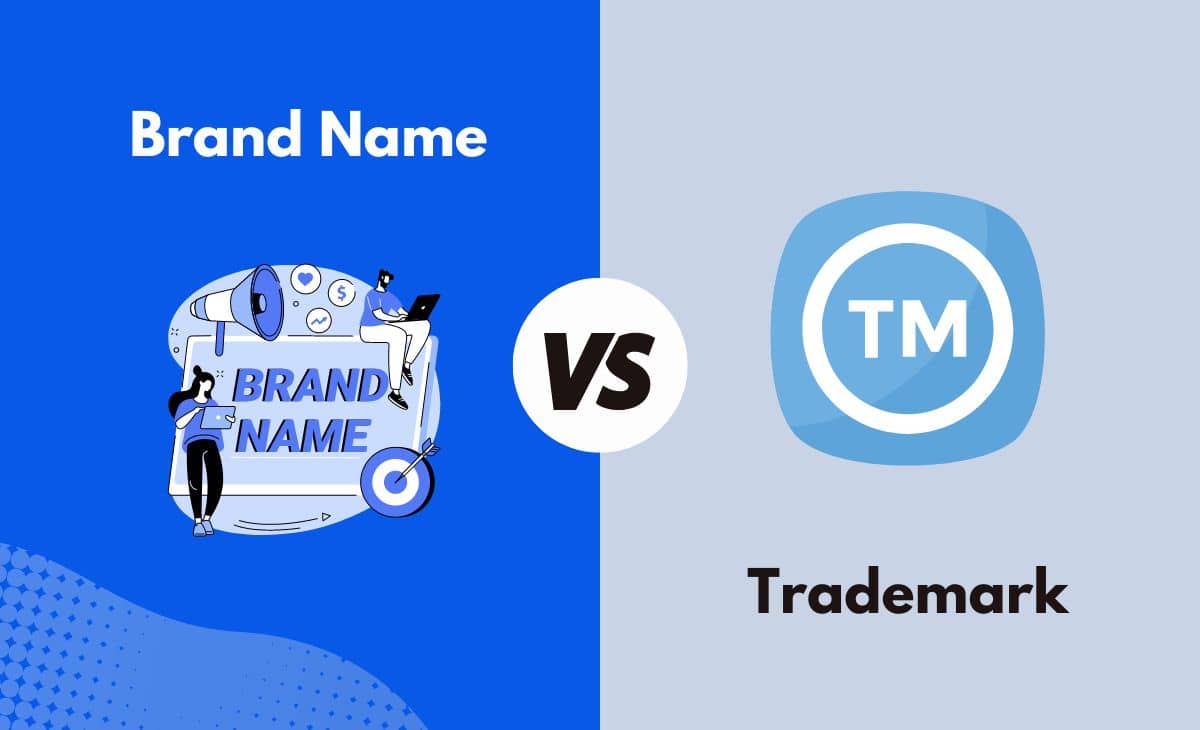
Top more than 75 difference between logo and trademark latest ceg.edu.vn
In this article, we will delve into the world of brand identity and explore the fascinating differences between logos and trademarks, shedding light on their significance in the business world. The Power of a Logo: Unveiling the Visual Representation of a Brand. Imagine walking down a busy street adorned with countless billboards and shop signs.
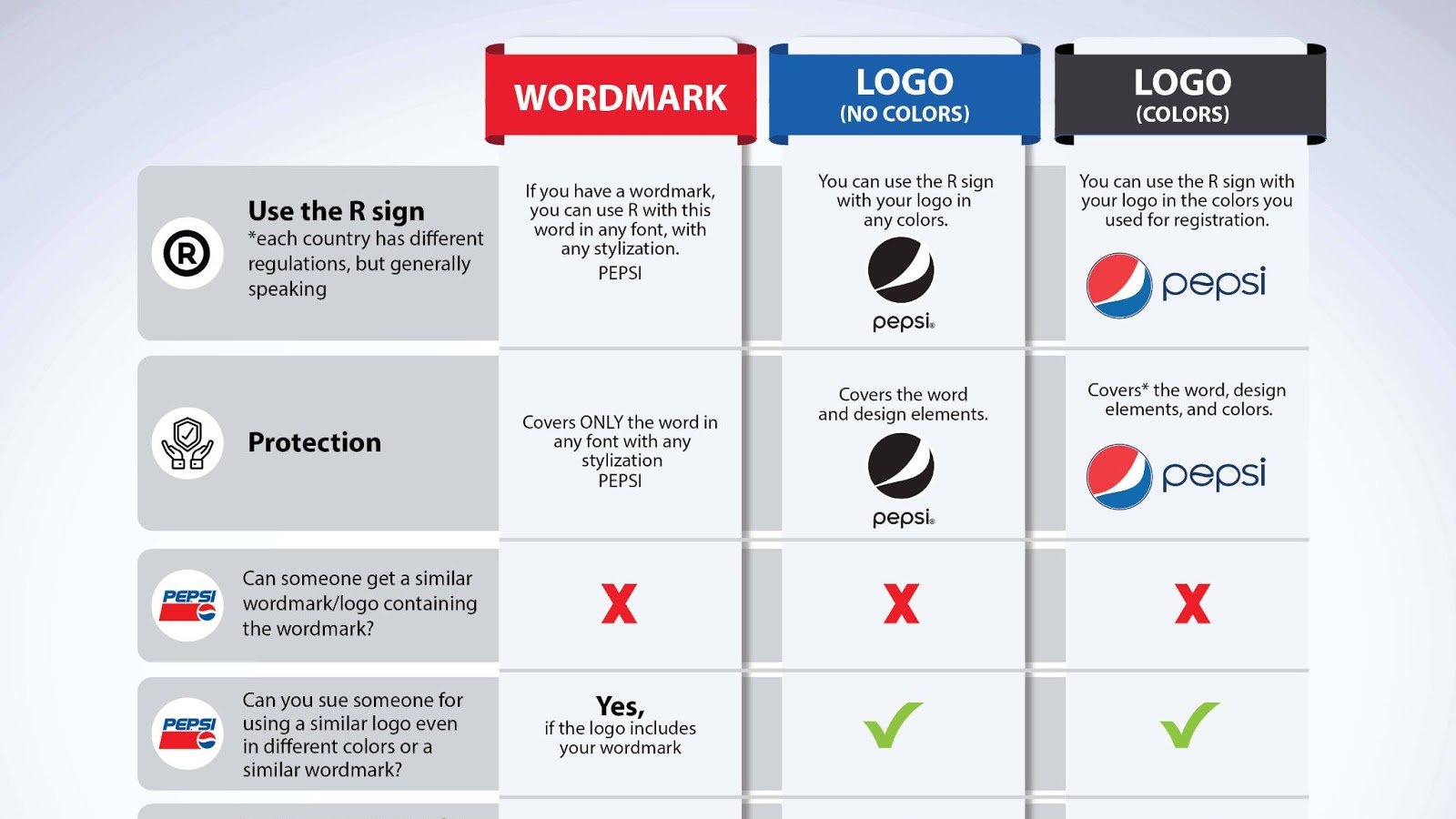
Top more than 75 difference between logo and trademark latest ceg.edu.vn
Step 3: Submit a "specimen" showing how your logo is used. After you've decided which class or classes your product falls into, you'll need to prepare a "specimen.". The USPTO requires.
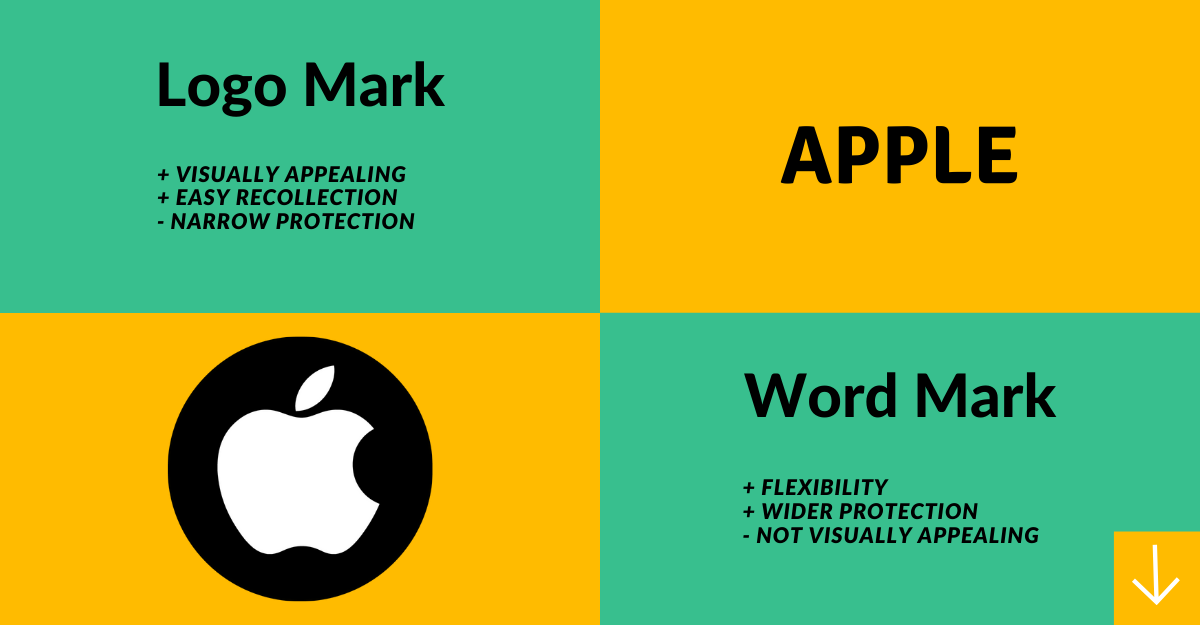
Difference Between Wordmarks and Logo Trademarks Examples
Understanding the Difference Between Logo and Trademark: Elements That Define Brand Identity. When it comes to establishing a strong brand identity, there are various elements that come into play. Two of the most crucial components are logo and trademark. While they may seem similar at first glance, it is important to understand the key.
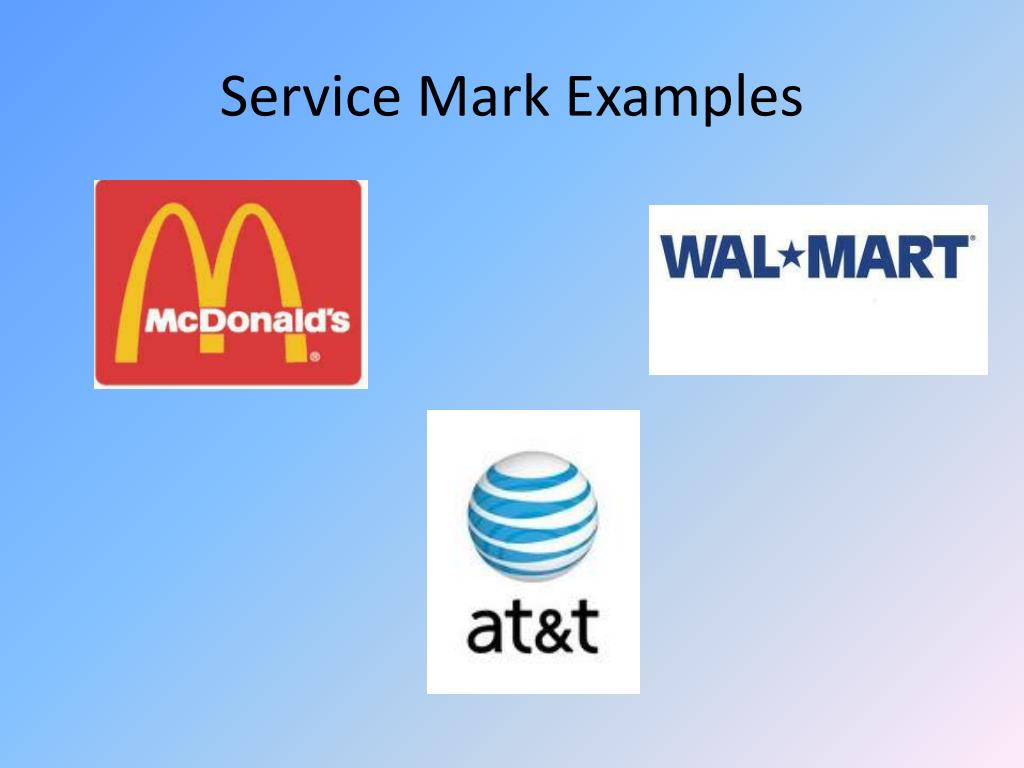
Difference Between Brand Mark And Logo Best Design Idea
The answer is both. A logo can be a trademark if it is used to identify and distinguish a company's goods or services from those of others. In fact, many logos are also registered trademarks. Now that we have a better understanding of the terms, let's dive into the differences between the two and why they are important for your brand.

Difference Between Brand Mark And Logo Best Design Idea
A trademark is a name, symbol, or mark that distinguishes a product or brand from other products or brands. By extension, it can also be used to describe something that's characteristic to a person or thing in a more metaphorical way, such as "the singer's trademark rhythm."

Difference Between Logo vs Trademark EStartupIndia 8881069069
A logo is a graphic sign, mark, or symbol used to identify a particular source. It is fair to say that a logo is a type of trademark. What Is a Trademark? Under United States intellectual property law, specifically 15 U.S.C. section 1127, a trademark is:

Difference between Brand and Trademark (What, Why When) online Event
Updated October 9,2020: What is Trademark vs. Logo? A trademark protects a slogan, phrase, word, company name, logo, or design that identifies a company and/or its goods. A logo is a symbol or design used by a company that may fall under trademark protection laws. Many businesses choose to apply for trademark protection on their logos.

What’s the Difference Between a Trademark and a Copyright?
The letters TM and SM stand for trademark and service mark, respectively. You add TM to a company's logo if it sells goods and services, and SM to a company's logo if it sells services. Wordmark v. Logo. Rather than merely a logo, a company's brand name frequently consists of both words and logos. In such cases, filing the trademark as.

What Is The Difference Between Logo And Trademark
Logo Trademark; Visual representation: Logos are visual symbols or marks representing a brand's identity. Role: Logos serve as the face of a brand, aiding recognition and evoking emotions. Types: Logos can take various forms, including wordmarks, lettermarks, pictorial marks, abstract marks, and combination marks. Protection: Logos may be protected by trademark laws if they meet the criteria.

Trademark Vs. Brand What Will You Choose? Gingersauce
What is the Difference between a Trademark and a Logo? One of the common perceptions about trademarks is that logos are the same as trademarks. However, it is important to note that trademarks serve as protection for the logo of the brand. In a way, trademark registration ensures that you have exclusive legal rights for using logos.
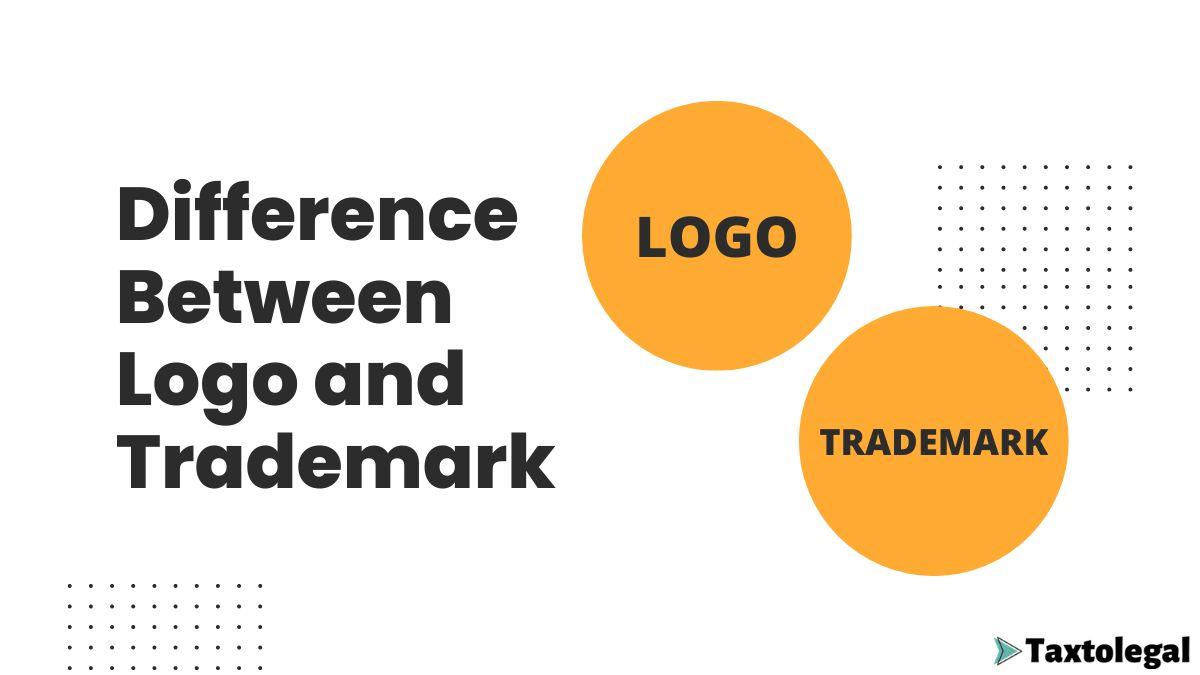
Difference Between Logo and Trademark Complete Details Taxtolegal
Characters of Fiction Animals, Items or Short Forms etc What is a Trademark? It is a common perception that a Logo is a Trademark. However, you must know in logo vs trademark, the trademark acts as a protection for your logo. In other words, trademark registration provides you legal rights to exclusively use your logos.

What Is The Difference Between A Logo And A Trademark? Sanders Design
For example, if you trademark the name "ABC Cleaning Services," you have the exclusive right to use that name or a similar one in the cleaning services industry. This prevents competitors from using a similar name and confusing consumers. Trademarking a Logo. Trademarks also protect logos, which are the graphic elements that represent a brand.
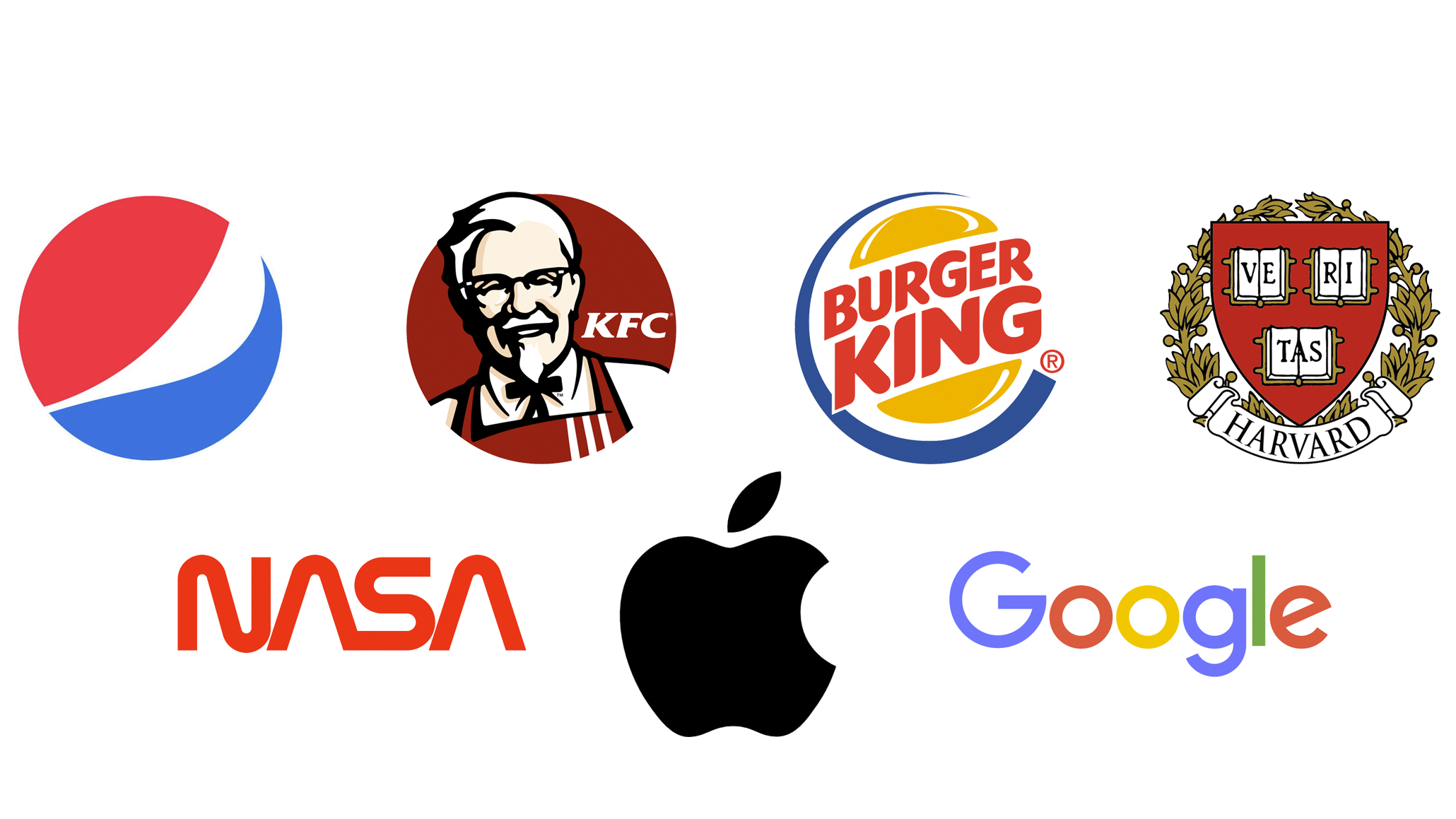
Prime Logo Cheap Dealers, Save 69 jlcatj.gob.mx
Understanding the Difference Between a Logo and a Trademark. A trademark is a word, name, tagline, phrase, symbol, design, or other distinguishing marks that identifies a company or person and its products or service from its competitors. This can include company names, slogans, logos, or designs that are unique to the company and identify the.

What Is The Difference Between Logo And Trademark
The main difference between a logo and a trademark lies in their legal aspects. While a logo is an essential part of a company's visual identity, it does not automatically grant any legal rights or protection. On the other hand, a trademark provides legal protection against unauthorized use or infringement of the logo. Registering a trademark.
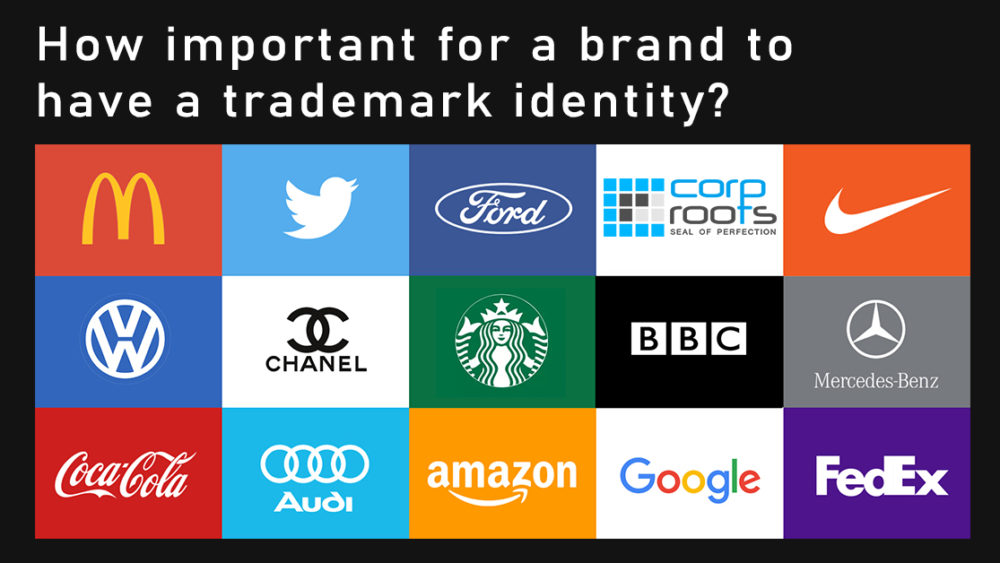
Difference Between Logo And Device Mark Best Design Idea
Home Trademarks Basics What is a trademark? What is a trademark? A trademark can be any word, phrase, symbol, design, or a combination of these things that identifies your goods or services. It's how customers recognize you in the marketplace and distinguish you from your competitors.